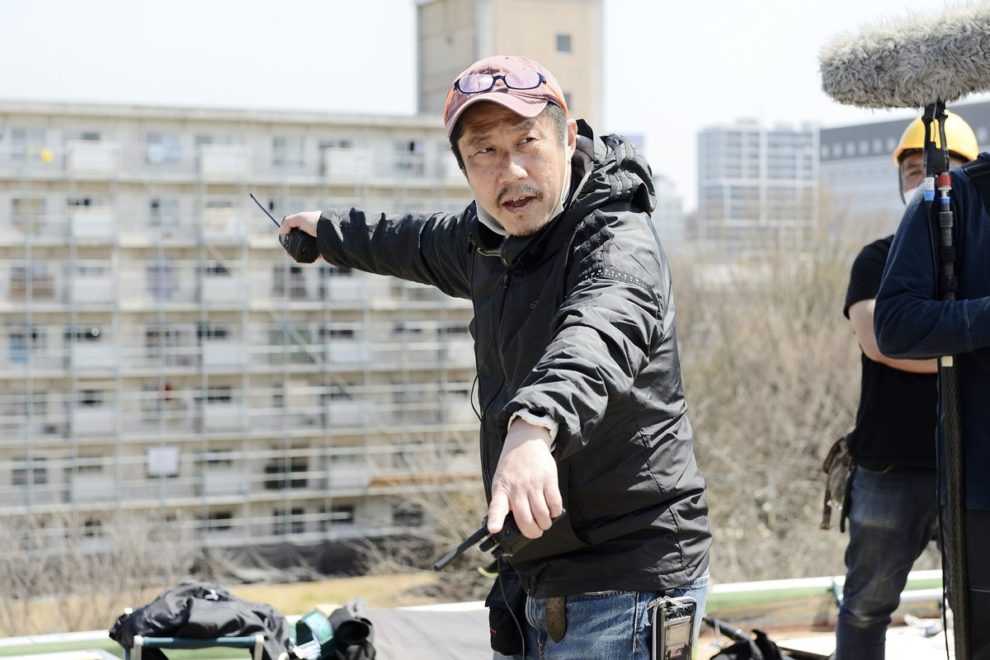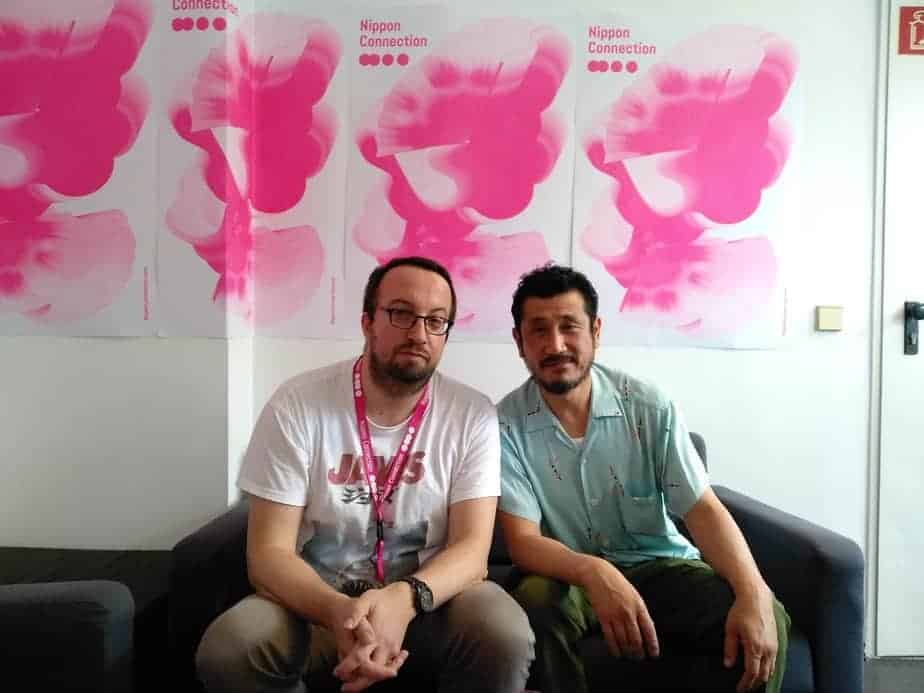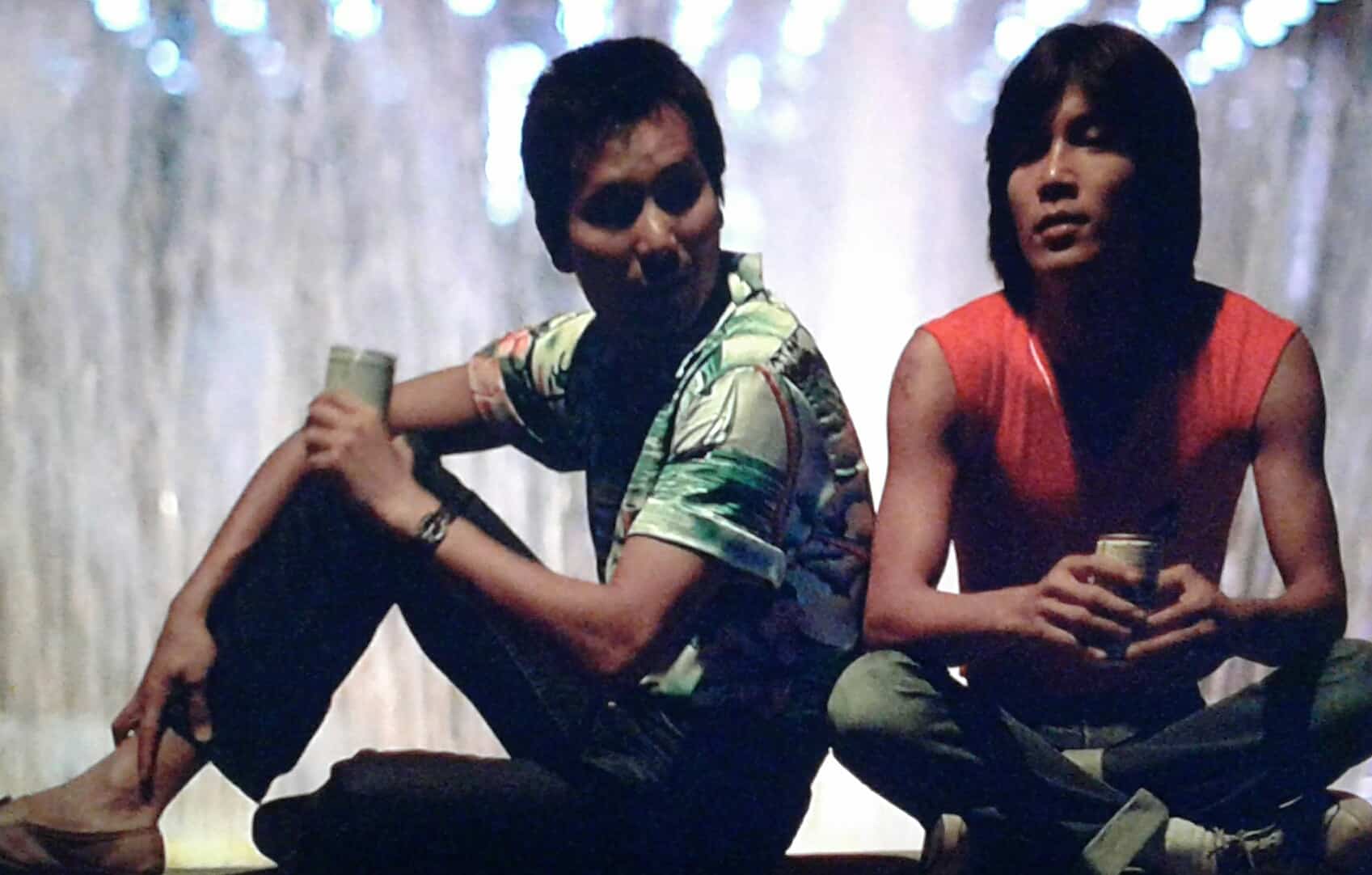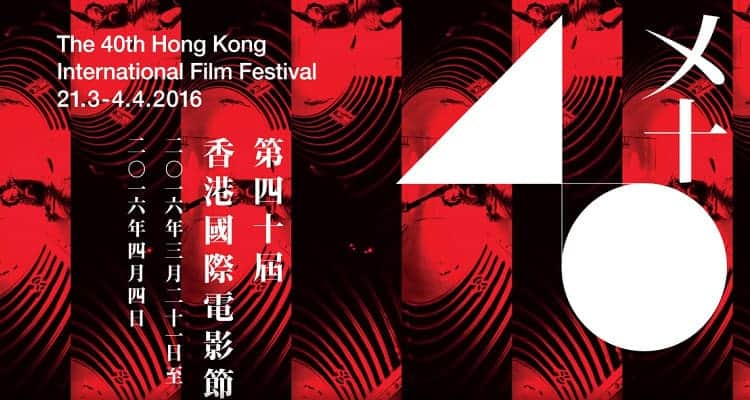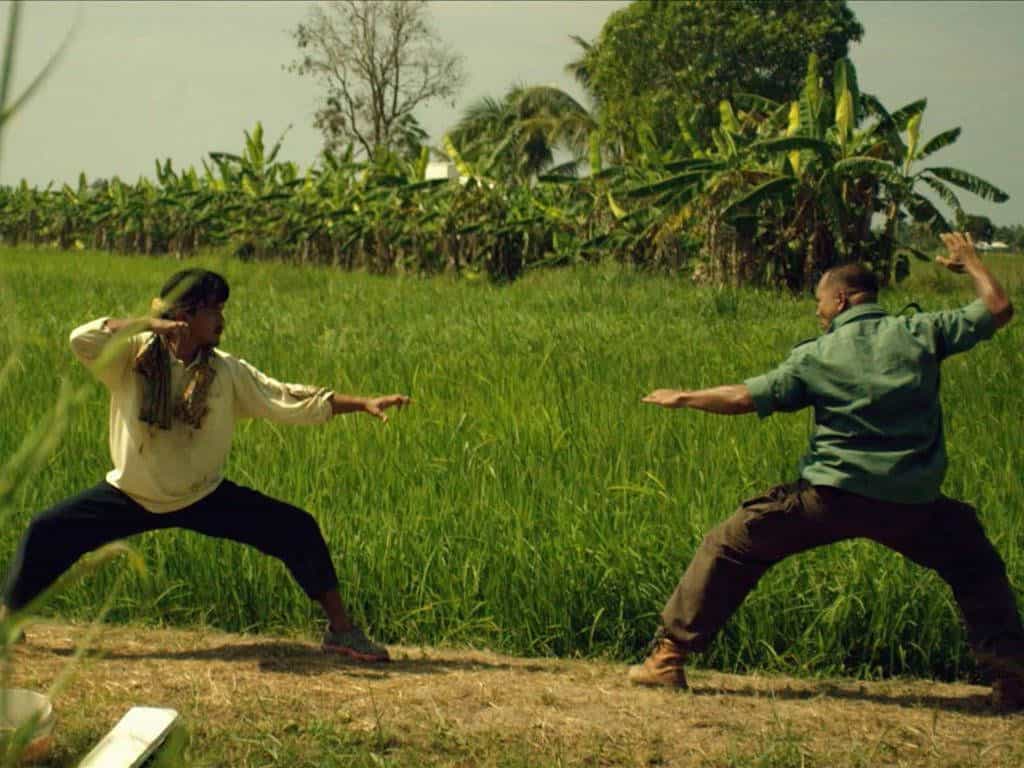For the past decade, Kan Eguchi has earned acclaim for his advertising and TV drama direction; in 2018, he made his feature debut with Riding Uphill, about professional bicycle racers. Eguchi won top awards for three years running at the Cannes Lions International Festival of Creativity, was named a “Director to Watch 2009” by Boards magazine (Canada), and served as a judge of America's Clio Awards from 2010-2013. In 2013, he directed Japan's successful PR film pitch for the Tokyo Olympics, as well as his first TV drama, Mentai Piriri, which swept Japan's broadcast awards. He went on to direct more TV dramas, one of which, The Song of the Dragonlike Soul, proved a surprise hit on DVD release. Even more surprising: the hilariously deadpan brilliance of Eguchi's second feature, the comedy actioner The Fable, whose success eventually led to a sequel, released in 2021.
On the occasion of “The Fable: The Killer Who Doesn't Kill” screening at New York Asian Film Festival, we asked a few questions to the director, regarding the reasons for shooting a sequel, the different approach he had in the movie, Shinichi Tsutsumi, and his new projects.
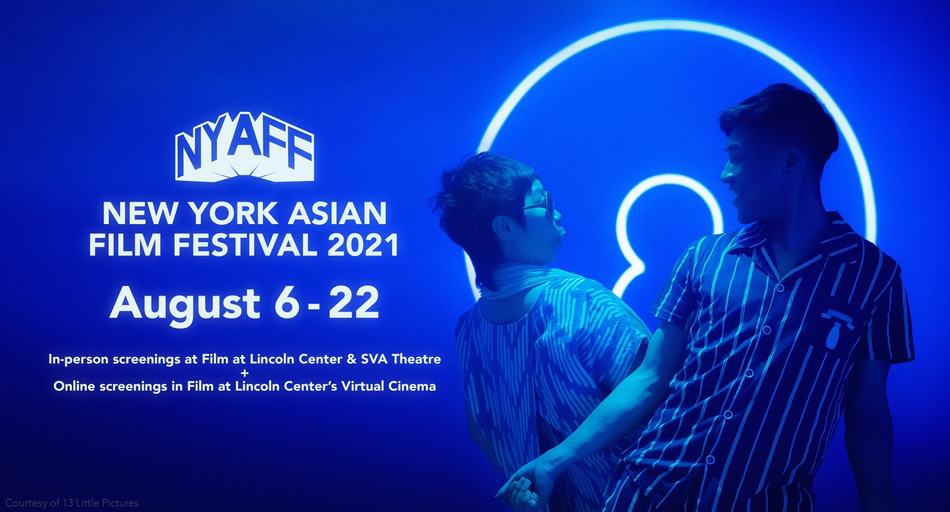
Translated by Koichi Mori
Why did you decide to shoot the sequel to The Fable?
The producer asked me to direct the sequel because “The Fable” (the original film) was a box office success. But also, I wanted to do more with the sequel, so I accepted his request.
Jackal Tomioka does not appear so much this time. Why is that? In general, I felt that the dramatic aspect, particularly through Hinako, is much more intense than in the first movie. Why did you choose this approach?
After reading the original story, I knew that the center of this film should be the shaky relationship between Akira and Hinako, and the creation of Utsuho as a new type of villain. We wanted the sequel to surpass the first film, but I wanted to surprise the audience by creating something different, rather than surpassing the original in the same direction.

When Akira tries to help Hinako in the park, he is immediately perceived as a pervert, not someone who is just trying to help. Is that some kind of comment regarding the way Japanese people think in general?
I think this is normal, since Japanese society is overly sensitive to compliance these days. I think it's becoming more and more difficult to maintain the proper distance from others.
How was your cooperation with Shinichi Tsutsumi? In general, what was the casting process for the film like?
I wanted to create a new type of villain, so I proposed a character that no one had seen before (even I, the director, couldn't see it clearly). That was my proposal. Specifically, I wanted Utsuho to be both a good guy and the worst kind of villain, all of which existed within him. Mr. Tsutsumi enjoyed playing each scene as if he were a different character each time.
Do you think there will be a third film in the series?
I don't know.
Are you working on anything new at the moment?
I'm filming the world's first drama set in the world of Sumo wrestling for Netflix.


